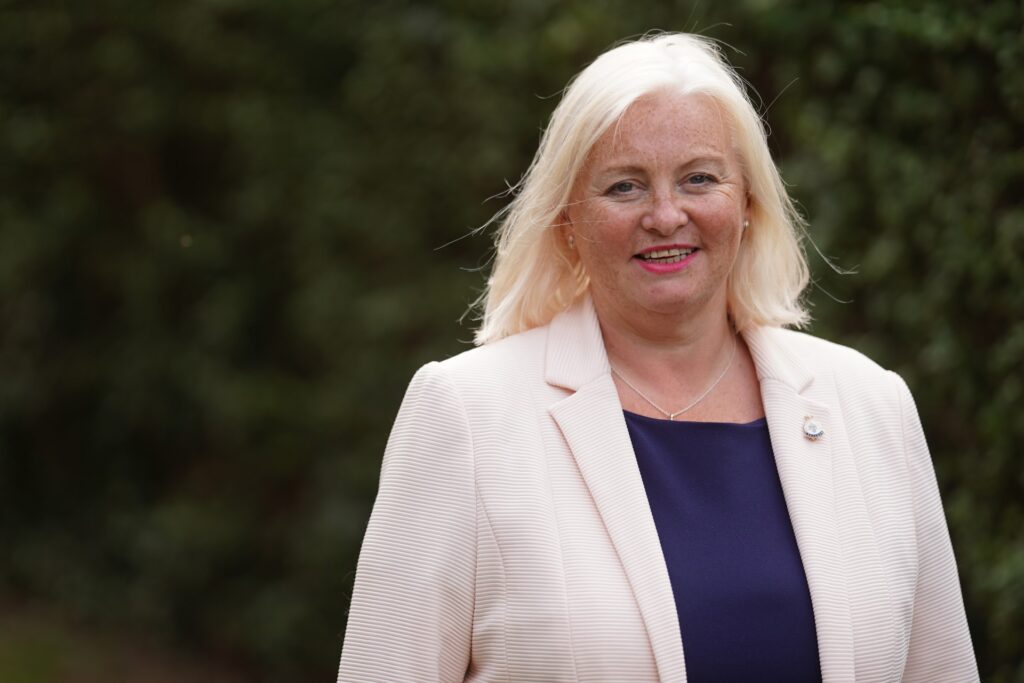The Scottish Veterans Commissioner (SVC) has today published her annual assessment of the Scottish Government’s progress in improving support and services for Scotland’s veterans and their families.
The report evaluates progress made against a number of recommendations made by the SVC office which the Scottish Government has committed to implementing.

The latest assessment identified notable successes across the areas of health and wellbeing, and employment, skills and learning.
The report highlights key developments in employability and skills support, including the launch in 2023 of the Military Skills and Qualifications Discovery Tool.
Developed by the SCQF Partnership, the online tool helps veterans, learning institutions and employers more easily align the skills, experience and qualifications gained during service with their civilian equivalents.
Work to raise awareness among the business community of the benefits that veterans can bring to the civilian workplace is also recognised.
The 2021 Veterans Mental Health and Wellbeing Action Plan, co-produced by the Scottish Veterans Care Network, was developed in response to an SVC recommendation published in 2018.
However, progress in delivery has been slow.
It also highlighted mental health and homelessness prevention as areas where further progress is required.
Scottish Veterans Commissioner Susie Hamilton commented: “This year’s report has shown some really encouraging progress, particularly in the area of health and wellbeing.
The ongoing development of a new treatment pathway for the small number of veterans in Scotland who have experienced polytrauma addresses two recommendations made by the SVC office.
This has the potential to transform the lives of the most seriously injured veterans.
“There has also been significant progress in developing an Armed Forces and Veterans General Practice Recognition Scheme to increase awareness in General Practices around the health and wellbeing implications of serving in and transitioning from the Armed Forces.
“The pilot scheme, which focused on training General Practice staff to better support and treat veterans and signpost them to veteran-specific support, was recently completed and preparations are now underway for a national rollout.
“For most Service leavers, GPs are the gatekeepers to wider healthcare services, so an improved understanding of veterans’ needs is a pivotal step towards ensuring they can access appropriate health and wellbeing services in a timely manner.
“Discussions about developing the scheme for secondary care environments are now taking place and I look forward to further updates on this.”
The Commissioner added: “Mental health services and support remains an area in which we commonly hear about unmet need and I am clear that delivery of a Veterans Mental Health and Wellbeing Pathway must be prioritised.
Implementation is crucial in ensuring equal access to mental health and wellbeing support for veterans across Scotland.
Recent updates have been more encouraging, but the Scottish Government must maintain this in order to deliver a timely and effective Veterans Mental Health and Wellbeing Pathway.”
The Commissioner also raised concerns around delivery of the Veterans Homelessness Prevention Pathway, which was published in early 2022:
“The Veterans Homelessness Prevention Pathway was the result of important collaborative work led by the third sector, developed to help ensure that every veteran in Scotland has a safe place to call home.
“However, little has been achieved to date and progress in implementing this much needed pathway is slow, with no clear milestones or timelines provided.”
Of the 81 recommendations made to date, 35 have been achieved in full and 21 have been absorbed into subsequent recommendations.
The Commissioner will continue to monitor progress against all outstanding recommendations through annual assessment.
The Commissioner concluded: “Providing scrutiny and supportive challenge to policy makers and those providing services to veterans is an important aspect of my role.
It gives an independent and impactful picture of statutory support for veterans in Scotland, allowing us to celebrate successes and focus attention on areas where more effort is required.
“Veterans and their families can make hugely valuable contributions to workplaces and communities.
“However, it’s important that we identify and address the issues and challenges they face – no veteran should face disadvantage as a result of their Service to their country.”
